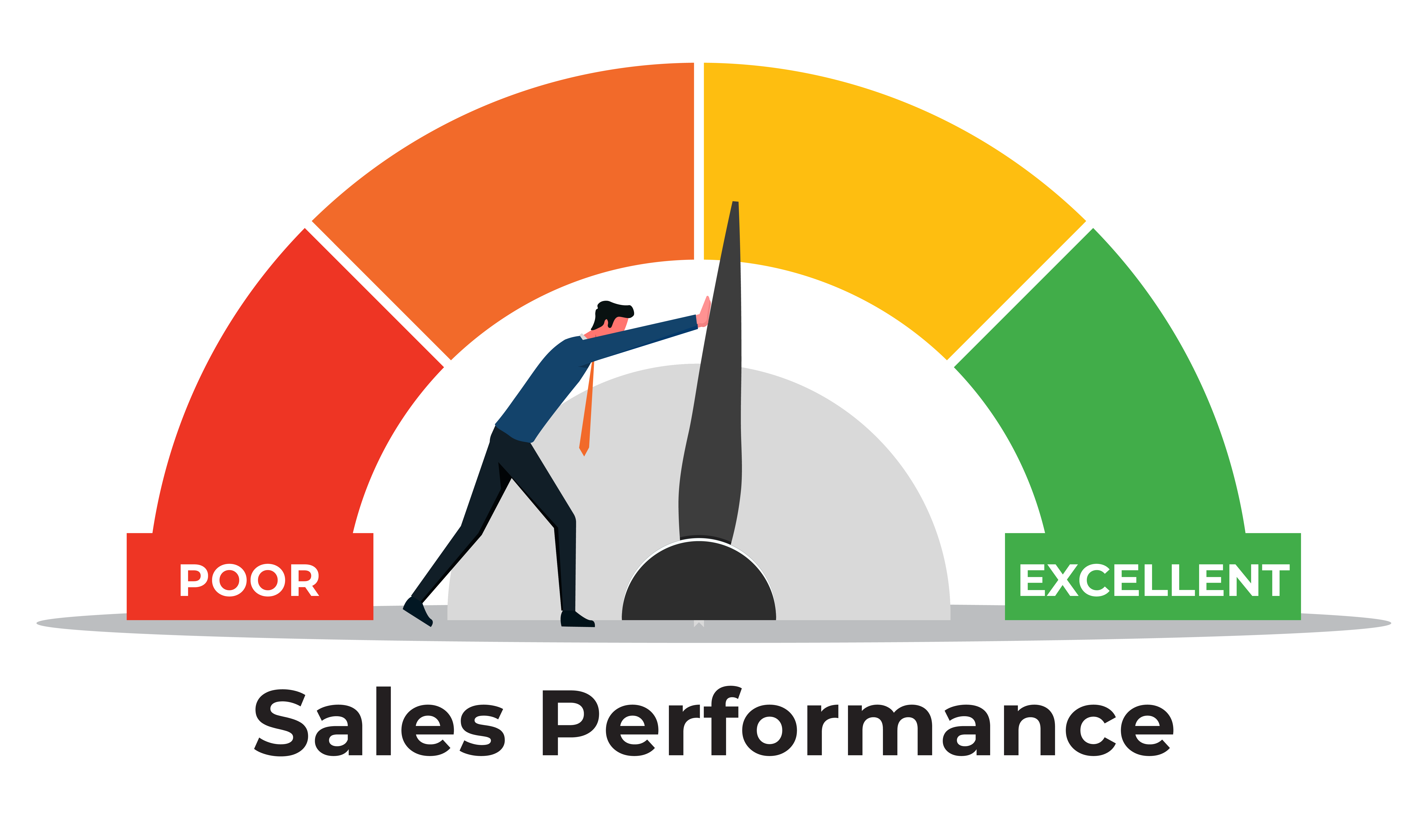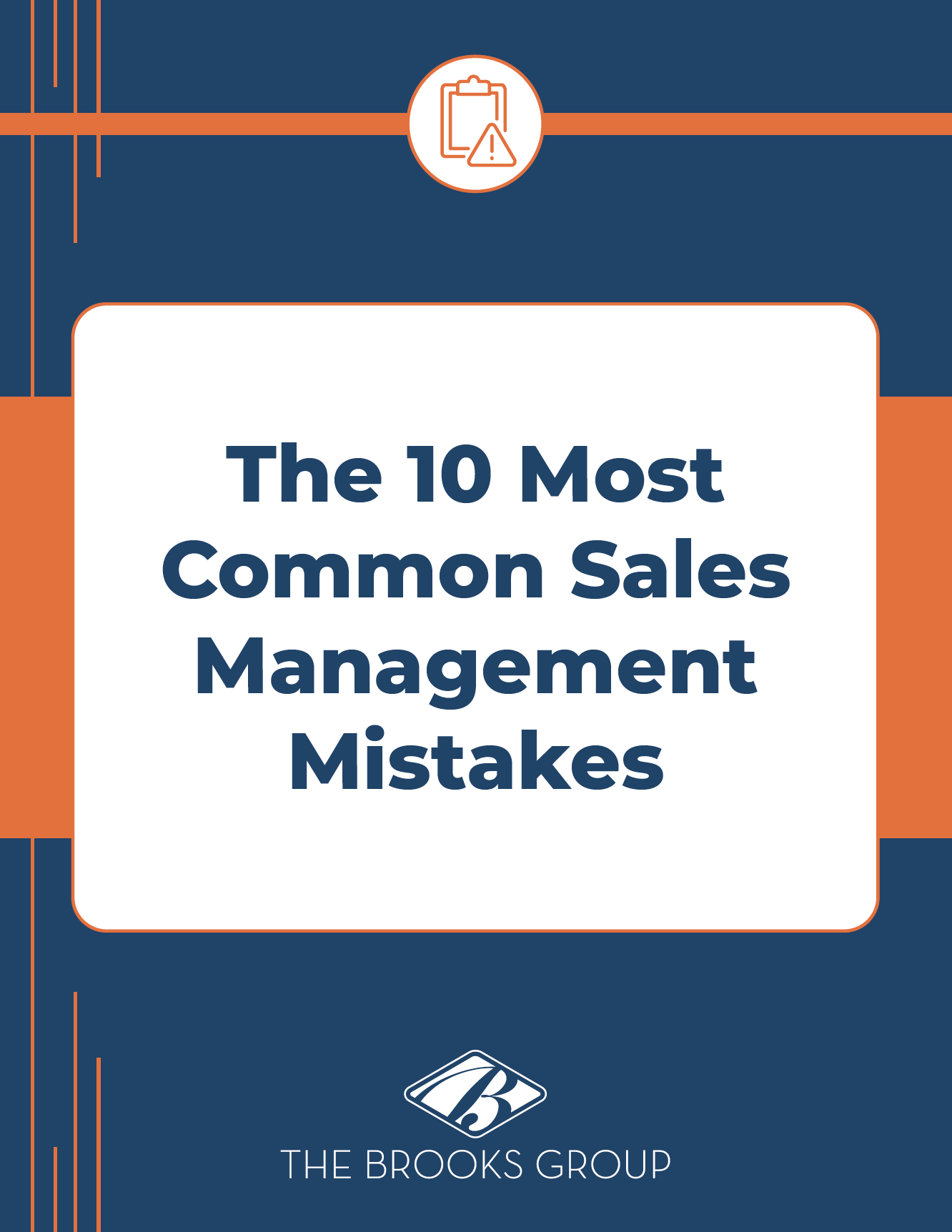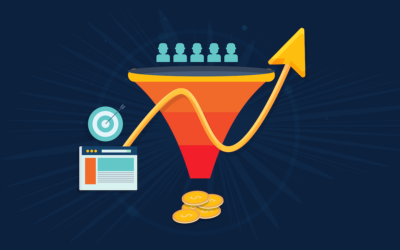Sales performance is how well a sales organization achieves its targets. Is your sales team measuring up?
Don’t assume your current approaches will continue to drive growth. Buyers are becoming more demanding and the business of sales is changing. Sales leaders, adopt these six strategies to improve sales performance.
Important Factors for Sales Performance
First, let’s look at key factors that affect sales performance. While each company’s products, customers, and markets are different, these are the elements you need to consider when assessing how to improve your sales performance.
Go-to-Market Strategy
Your go-to-market (GTM) plan and how well it’s executed is the primary contributor to sales performance. A typical GTM strategy includes product pricing, positioning, and messaging. Each of these must align with your market, competitors, and target customer to create a healthy pipeline. For example, if your pricing is too high relative to perceived value, your sellers will find it difficult to close.
Consistent Sales Process
A sales team that uses ineffective sales processes or lacks a repeatable sales process is handicapped when it comes to sales performance. The most productive sellers follow a consistent series of steps and are equipped to prospect, nurture, negotiate, and close in an orderly and predictable fashion.
Sales and Marketing Alignment
Collaboration between sales and marketing teams is essential to improve sales performance. While marketing works at the top of the funnel to generate awareness and leads, sales professionals can supply front-line feedback about lead quality and how well messaging resonates with buyers. A lack of alignment leads to frustration, miscommunication, missed opportunities, and lower performance.
Defined Sales Goals and Incentives
Sales incentives are a primary force behind your sales team’s performance. How well quotas, territories, and compensation are structured—and whether they are perceived as attainable and fair—can significantly influence sales team morale and output for better or worse.
Well-Developed Sales Skills
The experience and abilities of your sales professionals are other key factors that influence sales performance. Every team member must have the industry expertise, product knowledge, and soft skills to engage prospects, build trust, and move buyers through the process. Onboarding and on-going training must match the unique skill gaps of each individual on the team.
Adequate Sales Staffing
The composition of your sales team can also affect sales performance. You need the right ratio of inside sales and business development reps to account executives. If you are understaffed, your sales professionals will spend more time making cold calls and scheduling meetings—and less time meeting customers and closing sales.
6 Strategies to Improve Sales Team Performance
The key to good sales performance is consistency. If your team is not set up for repeatable success, it won’t be able to meet objectives when circumstances change. You’ve got to enable your team to win, no matter the economic headwinds or competitive situations.
Here are six strategies to improve sales performance:
1. Assess Your Sales Team’s Skills
Sales skills assessments can help you predict a new hire’s likelihood of success in your organization and evaluate current team members’ strengths and skills gaps. These individual assessments also reveal the motivators and behavior styles that affect how well a sales professional will perform.
Assessing your entire sales team will help you understand the training needs and challenges of the team as a whole. You can use sales team insights to identify the right way to structure your sales team and build a roadmap to improve sales performance.
2. Create an Effective Sales Onboarding Program
A comprehensive onboarding program sets the stage for future sales success. Welcome each new sales professional with the foundational training they need to understand your company culture, products, procedures, and ideal customer profile.
3. Provide Sales Training
A well-designed sales training program enables your sales professionals to meet prospects and customers where they are in the buying process, build credibility, engage in meaningful dialogue that progresses the sale, improve the predictability of your sales funnel, and close more business.
Addressing training gaps can lead to significant improvements in team performance and overall sales results. If you’re investing resources in a sales training initiative, give the project the best chance of success by choosing a provider that’s the right fit for your organization.
4. Find the Right Sales Incentives to Motivate Your Team
The right sales incentives can make or break your sales team’s performance. Set clear sales objectives, be transparent about sales targets and performance, and reward quota attainment with the best incentives for your team.
Remember that money and spiffs aren’t always the best incentives—sometimes family time or a fun experience is more rewarding and motivating. Here are some creative sales incentive ideas.
5. Empower Sellers with One-on-One Sales Coaching
Ongoing, personalized sales coaching is a proven factor for improving sales performance. Both new and veteran sales professionals can benefit from your advice, insights, and observations about how well they’re executing sales tactics and strategies.
Don’t overlook the power of coaching your coaches. Empowering sales managers to be more effective has a long-term positive impact.
6. Use Sales Technology Strategically
According to McKinsey, winning B2B companies are more willing to invest in advanced sales technology stacks. Leading companies are 55% more likely than laggards to introduce new sales technologies.
Your team might have all the right sales skills but not be able to perform well without better technology. Ensure you’re giving your team the sales tools they need to succeed.
Invest to Increase Sales Performance
When you’ve hired the right sales professionals and your team is well trained, coached, and motivated, they will naturally perform better.
Designing and implementing these six strategies to improve sales performance may be one of the more challenging things you do, but your investment of time, resources, and effort will lead to better pipeline and a higher close rate—and create a cycle of continued success.
Ready to equip your team to improve sales performance? Let’s start a conversation.
White Paper Download
The 10 Most Common Sales Management Mistakes
Just like in sales, sales management requires training.
In this white paper, we provide the 10 mistakes we see sales managers make.





